Western Civ Quizzes
1/20
There's no tags or description
Looks like no tags are added yet.
Name | Mastery | Learn | Test | Matching | Spaced |
|---|
No study sessions yet.
21 Terms
Revolutionary development around 10,000 B.C.E. resulting in village life.
Farming and agriculture
Babylonian king who issued an early code of written laws during the 18th cen. B.C.E.
Hammurabi
3rd millenium B.C.E. Mesopotamian ruler who conquered Akkadian cities along the Euphrates while boasting of his humble background.
Sargon
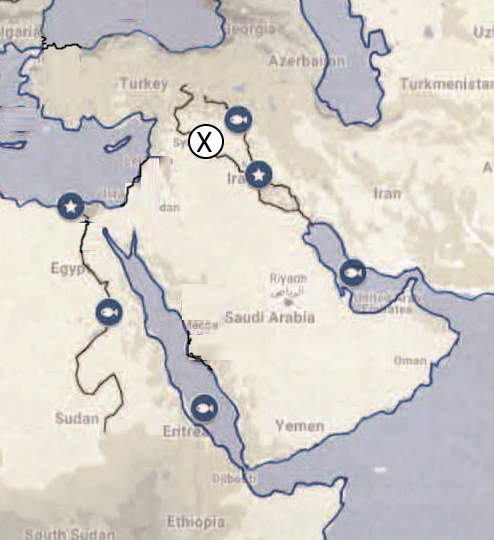
Euphrates
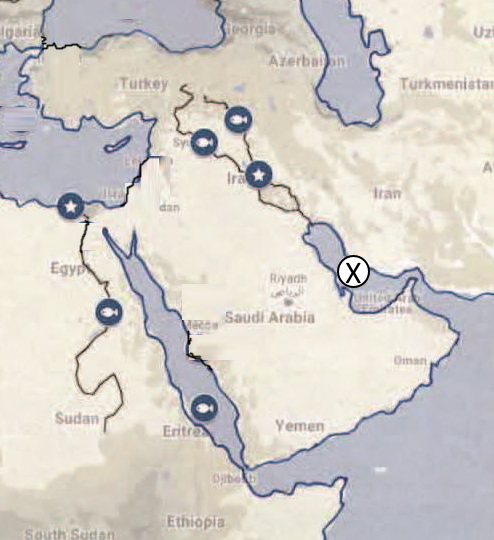
Persian
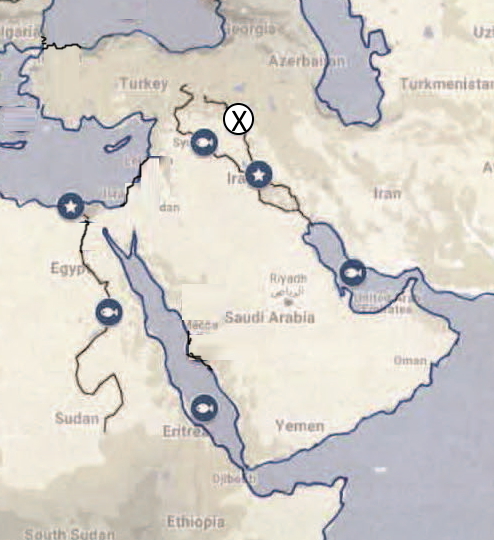
Tigris
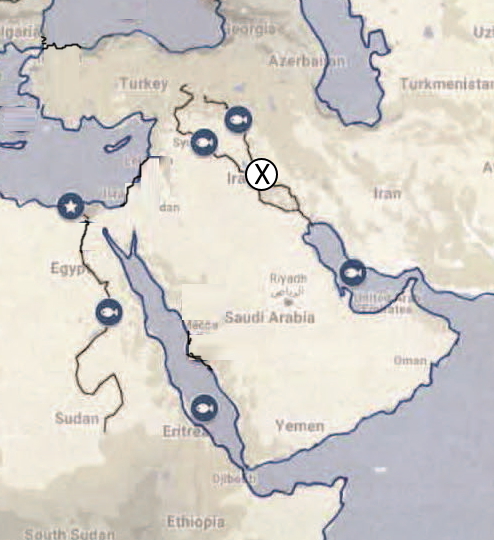
Babylon
The earliest examples of civilized societies have been found in the Nile river valley and the Tigris-Euphrates river valleys of this region.
Mesopotamia
Egyptian pharaoh, also known as Akhenaton, who adopted a form of monotheism during the 14th cen. B.C.E.
Amenhotep IV
New Kingdom female Egyptian pharaoh whose twenty year reign featured the successful conquest of Nubia and her official depiction with traditional male features.
Hatshepsut
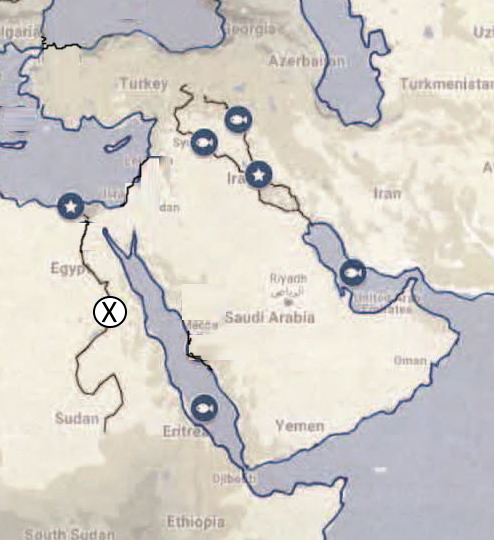
Nile
7th cen. B.C.E. Assyrian ruler famous for wrestling lions and assembling a library containing some 30,000 ancient texts.
Ashurbanipal
The Hebrew religion...
taught there was a covenant between the Hebrews and Yahweh.
believed in an omnipotent God, Yahweh.
was an ethical religion centered around the Ten Commandments.
All of these
Our alphabet can be traced to this ancient Middle Eastern people.
Phoenecians
Identify the correct order from earliest to latest in time:
Assyrian-Hittite-Babylonian-Chaldean
Babylonian-Hittite-Assyrian-Chaldean
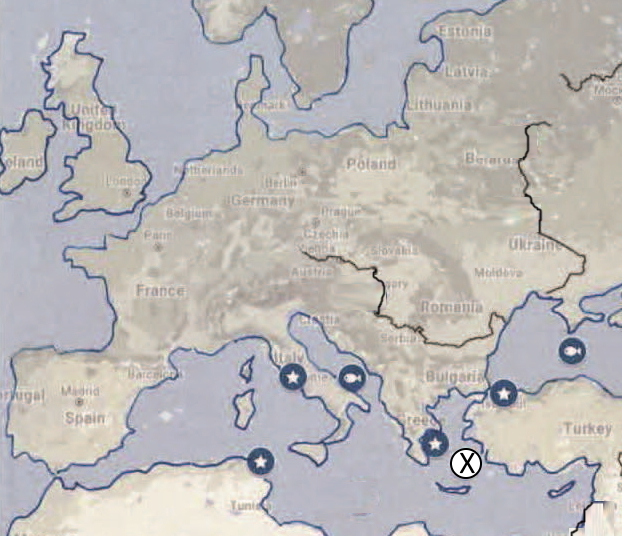
Aegean Sea
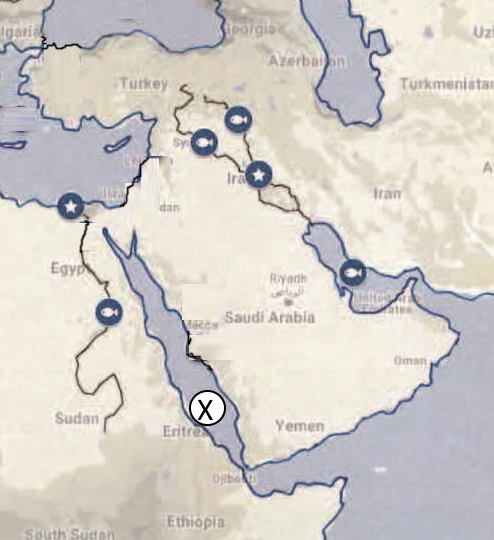
Red Sea
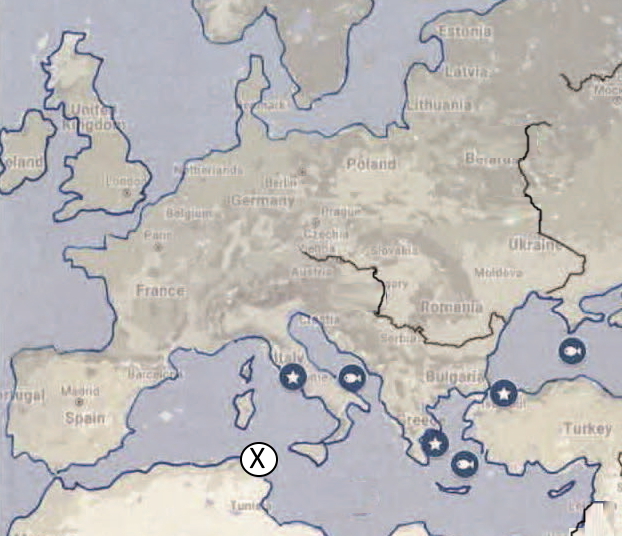
Carthage Sea
6th cen. B.C.E. Greek leader known as the "father of Athenian democracy" for instituting reforms such as the demes system.
Cleisthenes
The two most important Greek city states.
Athens and Sparta
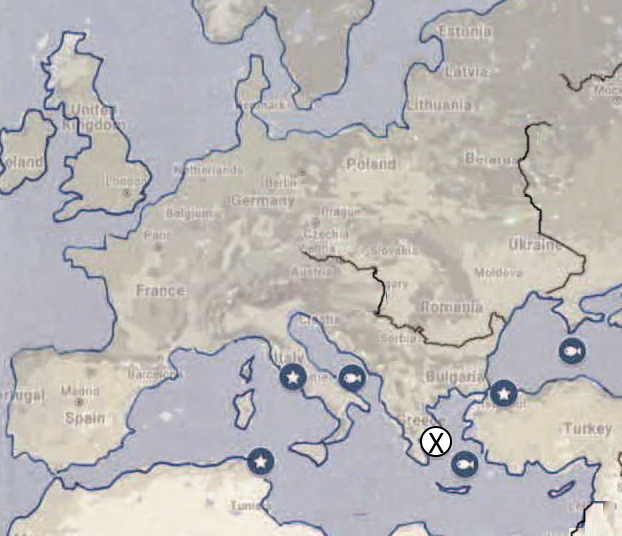
Athens